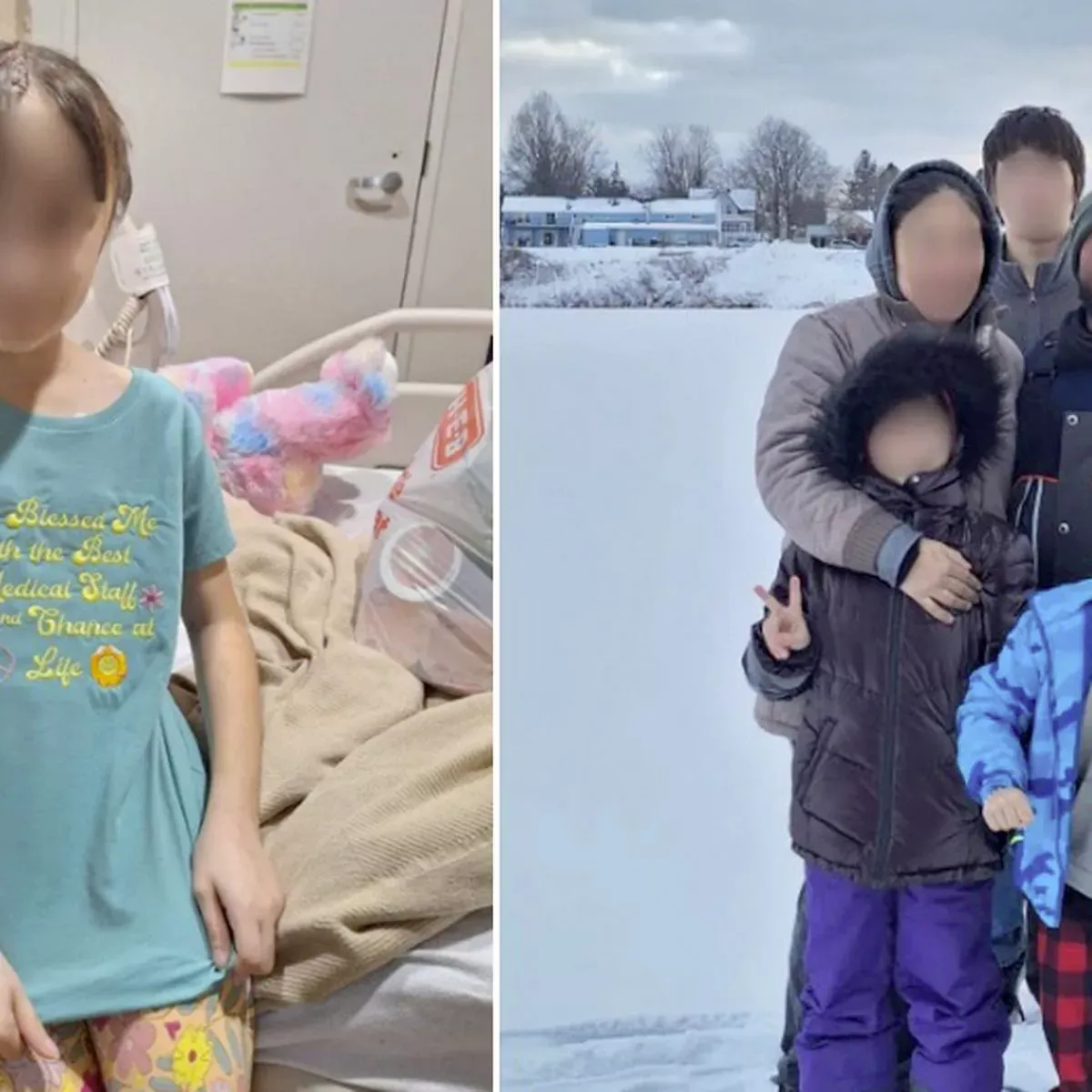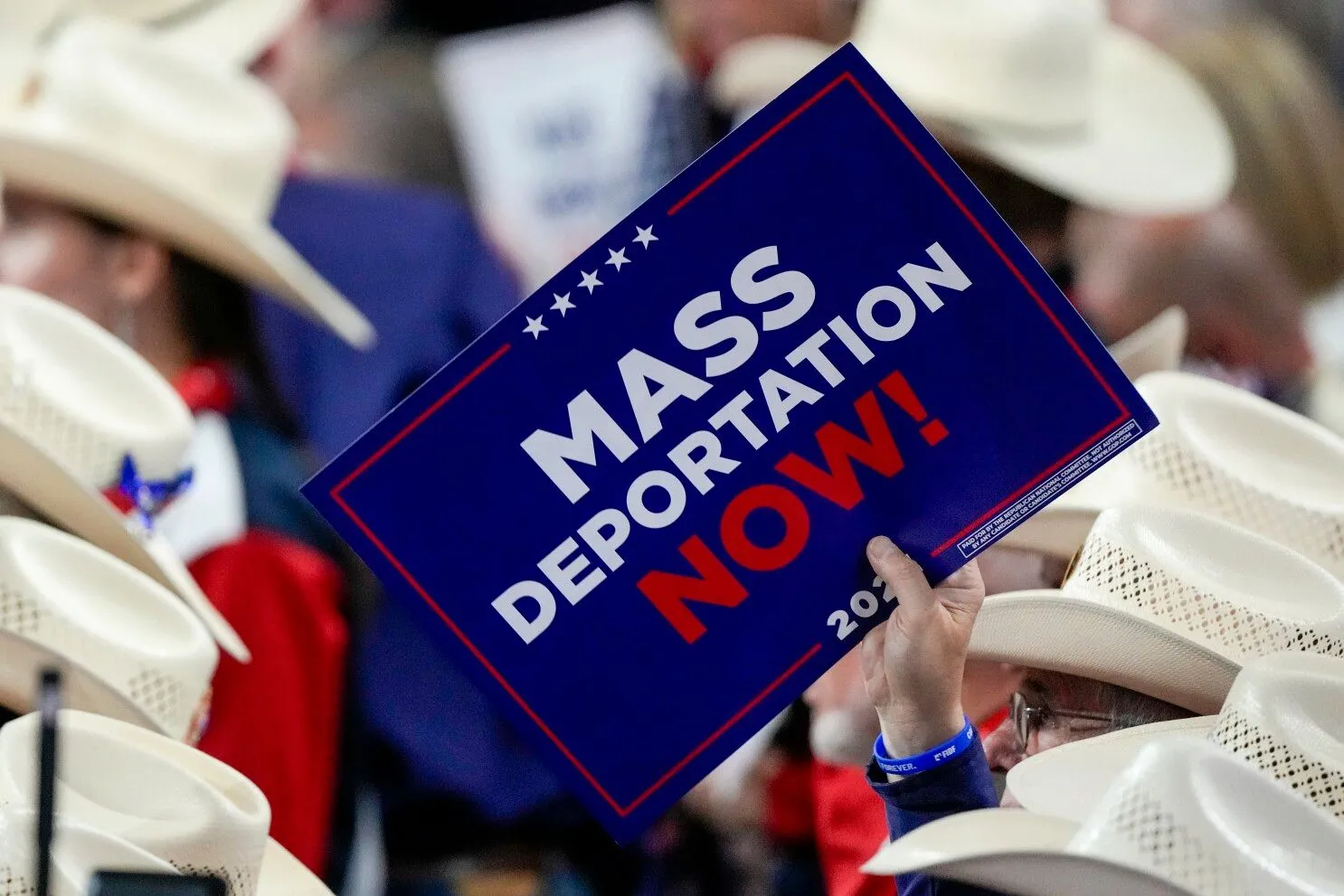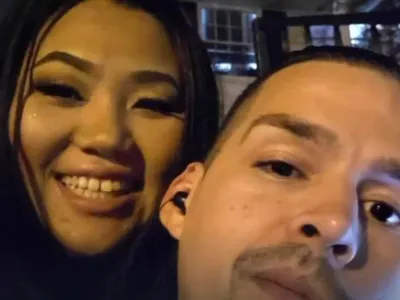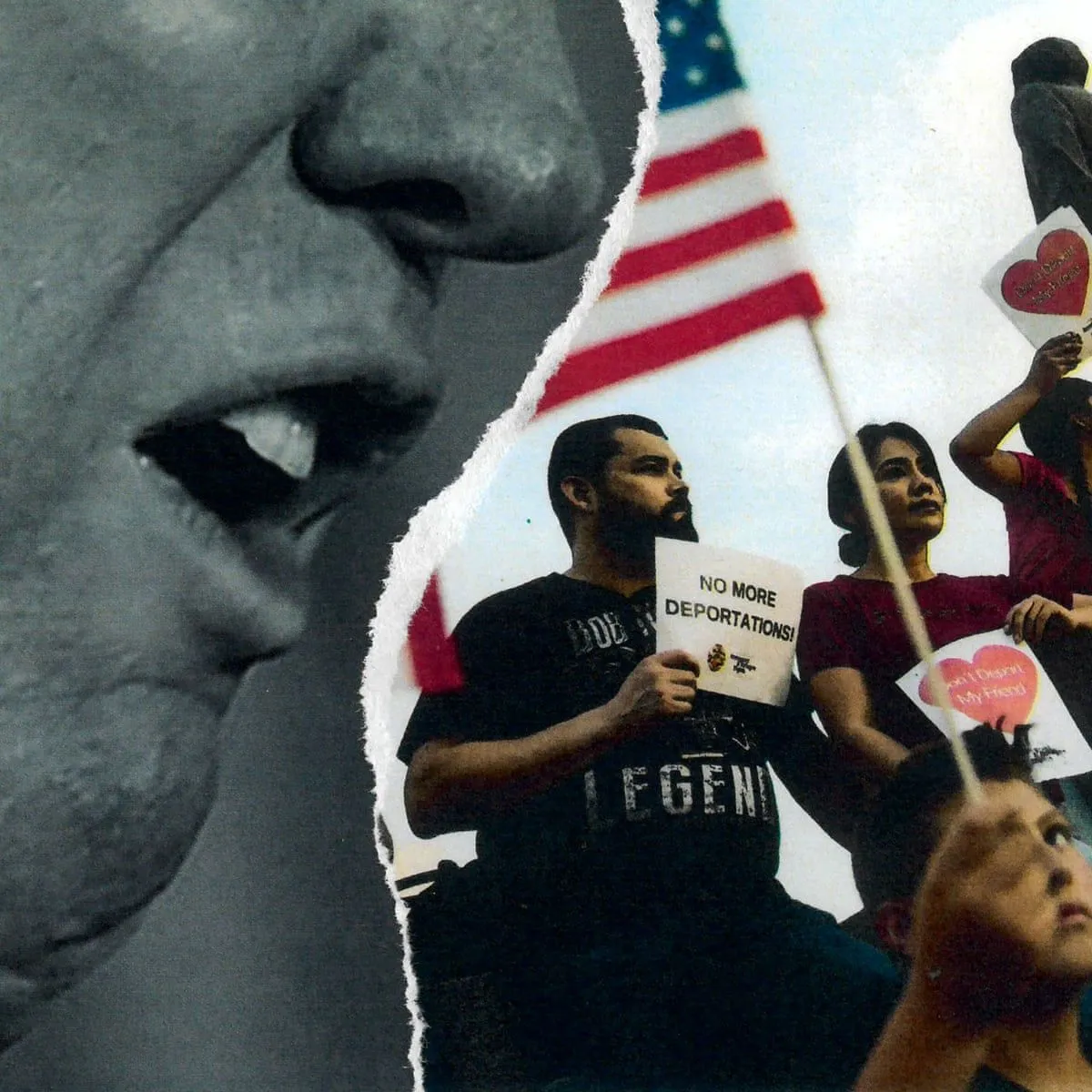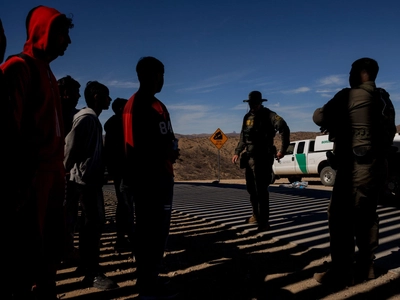The breakfast plates sit empty. The classroom desks remain vacant. The clinic waiting rooms echo with silence where children's laughter once filled the air.
Across America, a sweeping policy shift is unfolding that will fundamentally alter the lives of millions of families—many of whom have called this country home for years, if not decades. The Trump administration has announced the exclusion of undocumented immigrants from over 15 federal aid programs, declaring with unwavering certainty: "America comes first."
The Programs That Built Communities
Head Start preschool programs, which have prepared vulnerable children for academic success regardless of their parents' legal status, will now turn away those same four-year-olds at the door. The Women, Infants, and Children (WIC) nutrition program—a lifeline for pregnant mothers and growing babies—will no longer extend its protective hand to families without proper documentation.
Health clinics that have served as sanctuaries of care in underserved communities now face the impossible task of verifying immigration status before treating a child's fever or a mother's complications during pregnancy. Federal education assistance programs that once opened doors to higher learning will slam shut for dreamers whose only "crime" was being brought here as children.
The list reads like a catalog of human needs: nutrition assistance, healthcare access, educational opportunities, childcare support, housing assistance, job training programs, and emergency services. Each program represents not just policy, but the difference between a child going to bed hungry or fed, between a mother receiving prenatal care or risking her life in childbirth, between a young adult pursuing higher education or watching their potential wither away.
The Faces Behind the Policy
Behind every statistic lies a story that challenges our comfortable assumptions about who deserves compassion and care.
Maria, a mother of three who has lived in Texas for 15 years, worked double shifts at a hospital during the pandemic, caring for COVID patients while risking her own health. Her youngest daughter, born in America, will no longer qualify for Head Start, despite Maria's tax contributions funding the very program from which her family is now excluded.
Carlos, brought to Arizona at age two, excelled academically and dreamed of becoming an engineer. He'll now watch his college aspirations crumble as federal education assistance evaporates, despite knowing no other country as home.
These aren't abstract policy debates—they're families sitting around kitchen tables, wondering how to explain to their American-born children why the country of their birth no longer considers them worthy of basic support.
The Moral Arithmetic of 'America First'
The administration frames this as fiscal responsibility and legal clarity, arguing that taxpayer-funded benefits should prioritize citizens and legal residents. "We're restoring integrity to federal social programs," officials declare, "enforcing the rule of law and protecting vital resources for the American people."
But what happens when the rule of law collides with the rule of compassion? When fiscal responsibility transforms into moral abandonment?
The children affected by these cuts didn't choose their circumstances. The pregnant mothers seeking prenatal care didn't select their documentation status. The families contributing to their communities through labor, taxes, and civic engagement didn't decide to become political pawns in a national debate about belonging.
The Ripple Effects Nobody Talks About
Communities built on interdependence will feel these cuts reverberate far beyond undocumented families. When children can't access early childhood education, entire classrooms suffer from reduced resources and larger class sizes. When families avoid seeking healthcare due to fear, infectious diseases spread without regard for immigration status. When young adults can't pursue higher education, communities lose potential teachers, nurses, engineers, and entrepreneurs.
Small businesses that depend on immigrant consumers will watch their customer base shrink. Schools will struggle with increased absenteeism as parents keep children home, afraid that accessing services might lead to discovery and deportation. Healthcare systems will bear the cost of emergency interventions that could have been prevented with early, accessible care.
The economic argument becomes murky when emergency room visits replace preventative care, when educational remediation replaces early intervention, when social services respond to crises that could have been prevented.
Questions That Demand Answers
In our pursuit of putting "America first," we must ask: What kind of America are we choosing to be?
Are we a nation that turns away hungry children because of their parents' legal status? Do we withhold healthcare from pregnant mothers who work in our hospitals, clean our offices, and care for our elderly? Should young people who know no other home be denied the chance to contribute their talents to the only country they've ever known?
The supporters of these cuts argue that compassion without boundaries enables lawlessness, that resources are finite and must be protected for legal residents. Critics contend that a society's greatness is measured not by how it treats its most privileged members, but by how it cares for its most vulnerable—regardless of the circumstances that brought them to need help.
The Choice Before Us
Every policy reflects our values, and these cuts reveal what we prioritize when forced to choose. They expose our definition of community, our understanding of childhood innocence, our commitment to human dignity.
The administration's message is clear: America comes first, and America is defined by documentation status rather than contribution, by legal standing rather than human need, by citizenship papers rather than community membership.
But millions of Americans—those whose ancestors arrived on both the Mayflower and in more recent decades—remember when their families sought refuge, opportunity, and a chance to build better lives. They remember when America's promise wasn't contingent on having the right paperwork.
Beyond the Binary
This isn't simply a choice between supporting immigrants or supporting citizens, between compassion and fiscal responsibility, between law and order or chaos. Complex challenges demand nuanced solutions that honor both our legal framework and our moral obligations.
We could create pathways to legal status for long-term residents, especially those with American-born children. We could design programs that include basic services while incentivizing legal immigration channels. We could separate humanitarian needs—like emergency healthcare and child nutrition—from broader immigration debates.
Instead, we're choosing the blunt instrument of categorical exclusion, the easy answer of turning away, the comfortable distance of making human need someone else's problem.
What History Will Remember
Decades from now, when children who grew up in the shadows of this policy become adults, they'll remember not just the benefits they lost, but how their neighbors, teachers, and community leaders responded. They'll remember whether America lived up to its stated ideals or revealed them to be conditional, whether compassion proved stronger than fear, whether "America first" meant lifting everyone up or leaving some behind.
The children affected by these cuts will carry these memories into their adult lives. Some will leave, taking their talents and potential contributions elsewhere. Others will remain, forever marked by early lessons about their worth in American society.
The America they inherit will be shaped not just by these policies, but by how we choose to implement them—with begrudging compliance or creative compassion, with rigid enforcement or thoughtful humanity.
The Mirror Moment
As communities grapple with these changes, we're forced to confront uncomfortable questions about our own values and priorities. We must decide whether our commitment to helping vulnerable children extends beyond citizenship status, whether our definition of community includes all who call our neighborhoods home, whether our understanding of American values can expand to embrace complexity rather than demand simplicity.
The Trump administration's cuts represent more than policy—they're a mirror reflecting our national character. What we see looking back will determine not just the fate of undocumented families, but the soul of America itself.
In the end, "America first" becomes not a slogan but a question: What kind of America deserves to come first? One that turns away hungry children, or one that feeds them regardless of their parents' documentation? One that denies healthcare to pregnant mothers, or one that ensures safe births for all babies who will grow up as Americans? One that closes educational doors based on legal status, or one that opens opportunities based on human potential?
The answer we choose will echo through generations, shaping not just policy but the very meaning of American identity in an interconnected world where compassion and pragmatism need not be enemies, where putting America first might mean putting humanity first.
